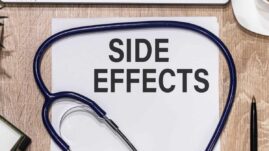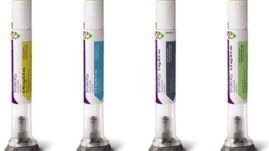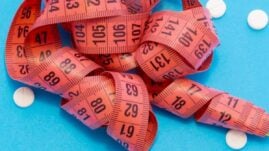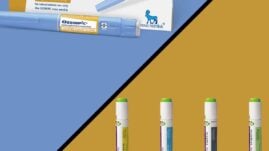When starting any new diabetes medication, it’s important to understand the pros and cons of the therapy. This includes being aware of potential side effects and dietary restrictions.
This article will explore the foods to avoid when starting Trulicity.
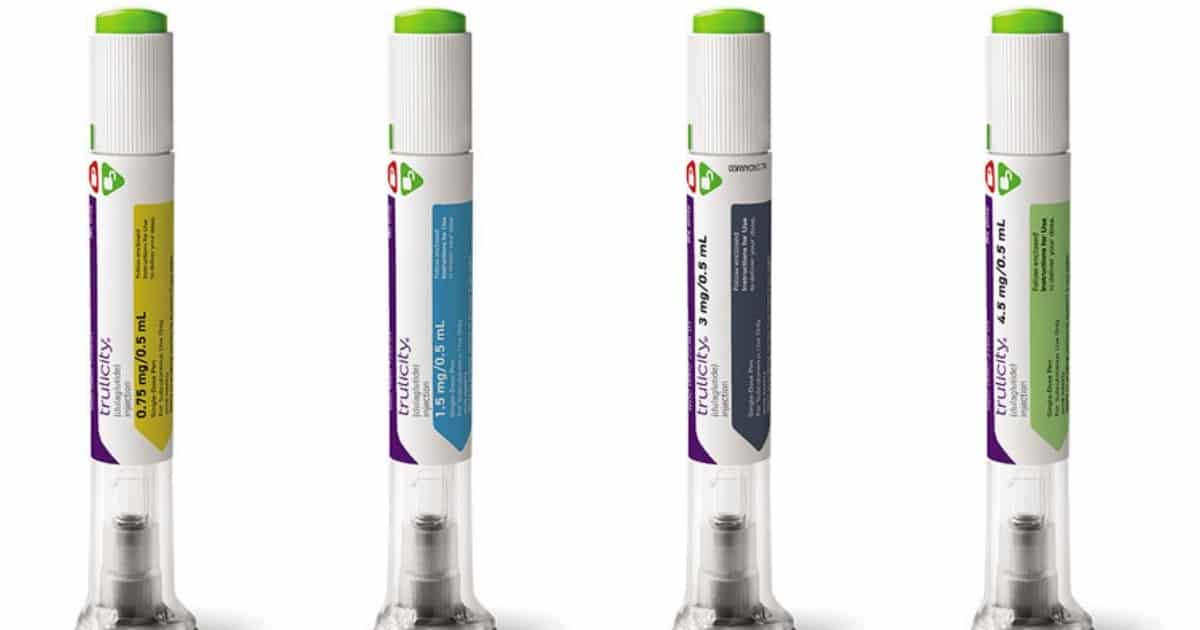
Key Facts
- While Trulicity has no strict dietary contraindications, avoid fatty, fried, and high-sugar foods, plus alcohol and carbonated drinks, to minimize nausea and improve digestion.
- Have smaller, more frequent meals and consider starting with bland foods like toast or rice if you experience side effects.
- Trulicity and alcohol both lower blood sugar, increasing the risk of hypoglycemia.
- Incorporate a diet rich in vegetables, lean proteins, and low-carbohydrate fruits to support overall health and manage blood sugar levels effectively.
- If you experience discomfort from dietary interactions while on Trulicity, speak with your doctor or a nutritionist to adjust your meal plan or medication dosage as necessary.
What is Trulicity?
Trulicity, or dulaglutide, is a once-weekly injection used primarily to treat type 2 diabetes and improve blood sugar management in combination with diet and exercise.
While not insulin, it acts as a GLP-1 agonist to enhance insulin release and slow digestion.
It’s also used off-label (in a manner not officially approved by the FDA) for people with type 1 diabetes and insulin resistance and may help reduce cardiovascular risks in people with heart disease.
Notably, while not FDA-approved for weight loss, people taking this medication often lose 2 to 10 pounds during treatment.
Foods to avoid when taking Trulicity
While there are no specific foods contraindicated with Trulicity, following certain guidelines can improve your experience taking this medicine:
Fatty and fried foods
Avoid foods high in saturated and trans fats, such as butter, whole-fat dairy products, coconut and palm oils, fatty red meats, and processed snacks. These can worsen nausea and increase gastrointestinal discomfort associated with Trulicity.
Sugary and refined foods
Limit intake of foods that cause rapid spikes in blood sugar, including sugary snacks, baked goods, and refined grains like white bread and white rice. These can interfere with the blood sugar management that Trulicity aims to achieve.
Alcohol and carbonated drinks
Moderate your alcohol consumption and avoid carbonated drinks as they can cause bloating and worsen Trulicity’s side effects. If you do consume alcohol, closely monitor its impact on your blood sugar to manage the risk of hypoglycemia (low blood sugar) effectively.
Managing side effects
If nausea occurs after eating, switch to bland foods like toast, crackers, soup, rice, or bananas and consult your doctor. They may adjust your Trulicity dosage to help your body adapt more comfortably.
See more in: Trulicity Dosing: How Much Should You Take?
What foods should I eat on Trulicity?
Trulicity is designed to help improve blood sugar and A1c levels, making it important to support your treatment with a nutritious diet. For the best health, your diet should include:
- Lean proteins: Chicken, beef, turkey, fish, and low-fat dairy products like milk and yogurt.
- Healthy fiber: Abundant in vegetables, especially leafy greens and root vegetables.
- Low-carbohydrate fruits: Berries, avocados, and coconut are excellent choices.
- Legumes and beans: All types contribute beneficial fiber and protein.
- Eggs: A versatile source of high-quality protein.
- Unsweetened beverages: Coffee, tea, and plenty of water are vital, particularly to prevent dehydration if side effects like diarrhea or vomiting occur.
Additionally, collaborate with your healthcare provider or a registered dietitian nutritionist (RD/RDN) to tailor a healthy meal plan that aligns with your health goals while on Trulicity.
This approach ensures your diet improves the medication’s effectiveness and supports your overall well-being.
A note on Trulicity and caffeine
There is no direct interaction currently known between Trulicity and caffeine.
That said, people with diabetes may need to monitor their caffeine consumption, especially if they have coronary artery disease (CAD).
For personalized advice, it’s recommended to speak with your healthcare provider about your caffeine use.
Did you find this article helpful? Click Yes or No below to let us know!


